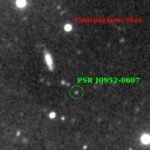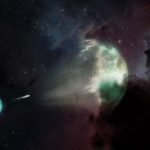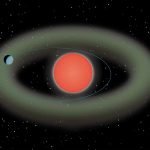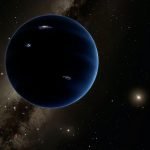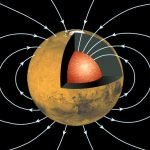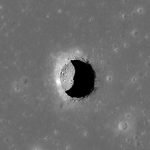This black widow star ate its mate to set a new record
A dense, collapsed star has shredded and consumed nearly the entire mass of its stellar companion.
In the process, it’s grown into the heaviest neutron...
No trace of dark matter halos, shows new study
Dwarf galaxies are small, faint galaxies that can usually be found in galaxy clusters or near larger galaxies.
Because of this, they might be affected...
An interstellar meteor struck the earth in 2014, and now scientists want to search...
Back in 2014, an object crashed into the ocean just off the coast of Papua New Guinea.
Data collected at the time indicated that the...
Astrophysicists detect neutron star merger for the first time in millimeter light
Short-duration gamma-ray bursts only last a fraction of a second, making them difficult to detect.
Astrophysicists detected the burst with X-rays and then identified its...
Scientists capture explosive neutron star merger for the first time in millimeter light
Scientists using the Atacama Large Millimeter/submillimeter Array (ALMA) have for the first time recorded millimeter-wavelength light from a fiery explosion caused by the merger...
Scientists discover a super-earth near the habitable zone of a red dwarf
A super-Earth planet has been found near the habitable zone of a red dwarf star only 37 light-years from the Earth.
This is the first...
Planet 9 is running out of places to hide
We have a pretty good idea of what lurks within our solar system.
We know there isn’t a Mars-sized planet orbiting between Jupiter and Saturn,...
Citizen astronomer helps find more than 30 ultracool dwarf binary systems
A citizen astronomer participating in the U.S. National Science Foundation-supported Backyard Worlds program examined archival data provided by the Community Science & Data Center...
Earth’s magnetic field almost completely collapsed 550 million years ago
More than half a billion years ago, Earth experienced an almost-complete collapse of its magnetic field.
It began in the early Cambrian period. Then, after...
Scientists discover places on the moon where it’s always ‘sweater weather’
People could potentially live and work in lunar pits and caves with steady temperatures in the 60s.
Future human explorers on the moon might have...

